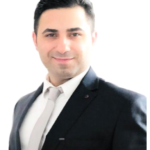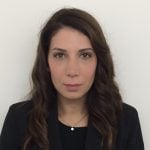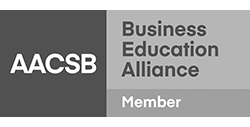My motivation was to become an expert in the management and marketing field and to build on a foundation that will benefit me for my future career.
I chose SBS Swiss Business School for the small classes, professional experiences of the lecturers, and its location. I feel confident in the foundations of business and administration, specifically in marketing. Moreover, I feel that my education was relevant to the real world and the current issues. I feel ready for the presence and the future.
I liked the personal approach, I could ask any questions at any time, I felt heart and that my voice as well as the ones of the others matter.
I started SBS with low self-esteem and no objectives about my professional future. I thought that I will not make it far. Yet I am leaving SBS as the Student Council President, future head of the Alumni Committee, and a current position at my dream company and dream industry; I am leaving SBS with great self-confidence and in the best version of myself, may it be personally or academically. I will forever be grateful for this.






